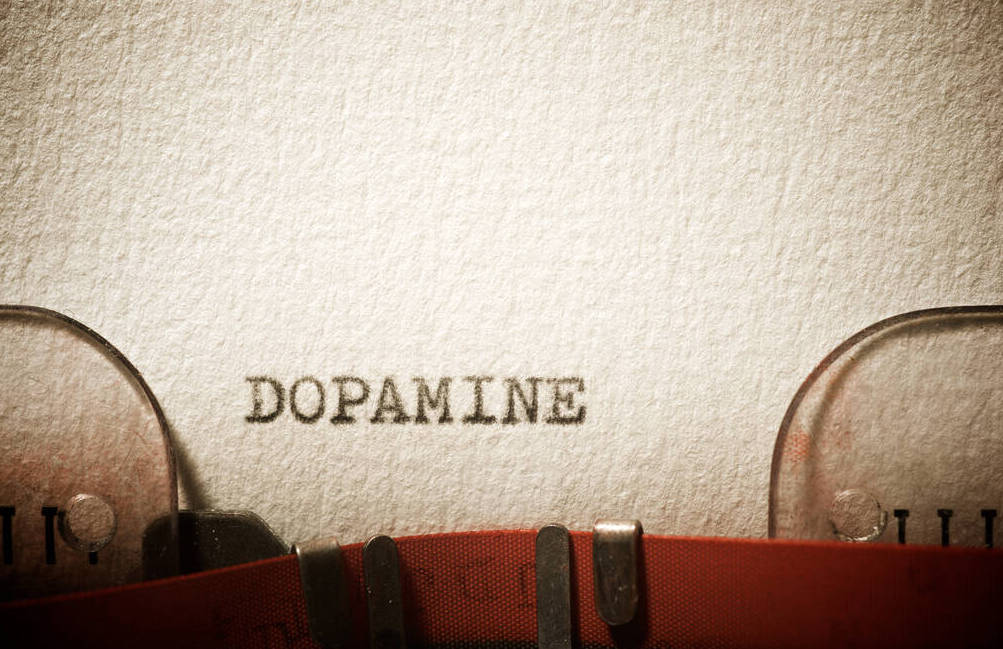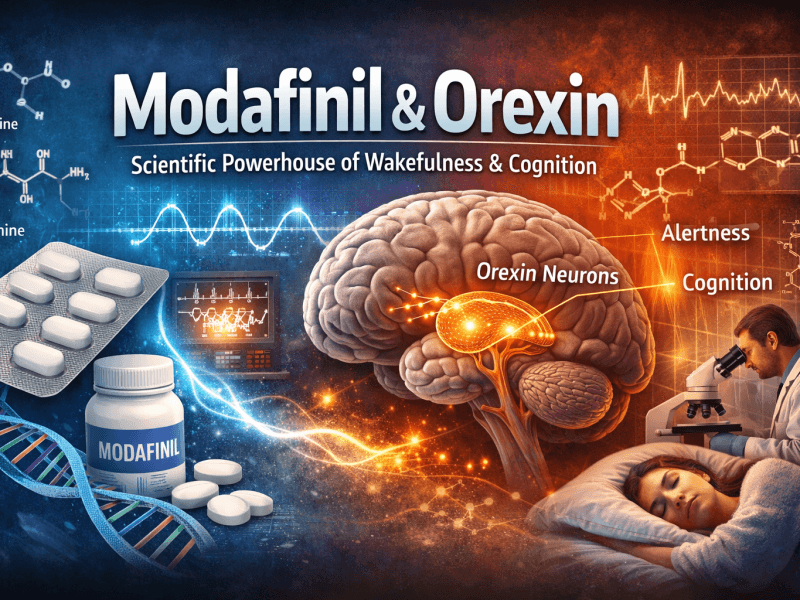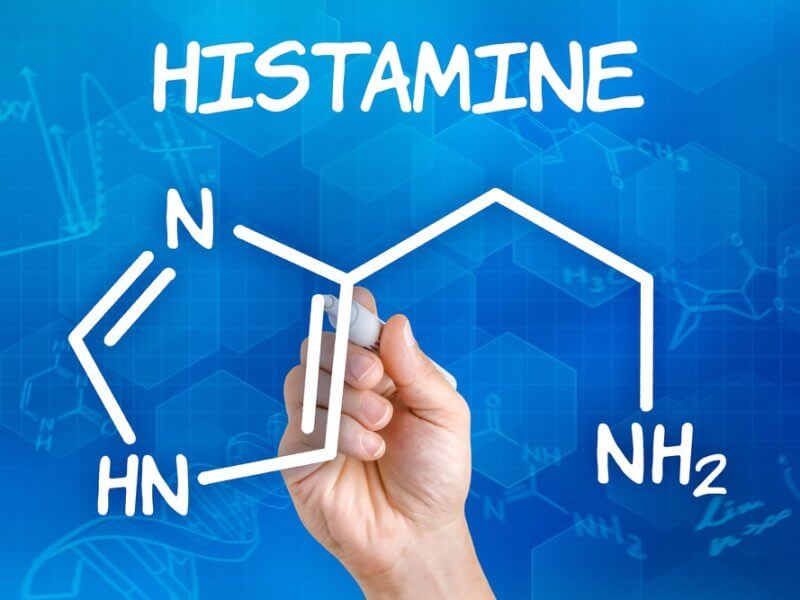Let’s be real who wouldn’t want a pill that helps you stay awake, focus like a laser, and crank out work like a machine? Enter Modafinil, often called the “smart drug” or “limitless pill.” But what’s behind the hype? And more importantly, how does it interact with dopamine, the brain chemical behind motivation and reward?
How Modafinil affects dopamine, and whether it really can give your brain a boost or just a short-lived illusion of one.
Understanding Modafinil
History and Development
Modafinil was first developed in France in the late 1970s. It was originally intended to treat narcolepsy, a condition that causes sudden and uncontrollable episodes of sleep. Fast-forward a few decades, and Modafinil is now a widely prescribed drug for sleep disorders and a favorite among high-performers, students, and even military personnel.
Medical Uses
Doctors mainly prescribe Modafinil for:
- Narcolepsy
- Obstructive sleep apnea
- Shift work sleep disorder
These are all conditions tied to excessive daytime sleepiness, but the benefits don’t end there.
Off-label Cognitive Use
Here’s where things get interesting. People without any medical condition are turning to Modafinil to boost productivity, memory, and focus. From Silicon Valley coders to grad students pulling all-nighters, it’s gained a rep as a brainpower enhancer.
The Role of Dopamine in the Brain
What Is Dopamine?
Dopamine is often called the “pleasure chemical,” but that’s only part of the story. It’s more like the brain’s motivation and reward manager. It helps you want things, chase goals, and feel good when you achieve them.
How Dopamine Affects Mood, Motivation, and Cognition
Dopamine plays a key role in:
- Memory formation
- Motivation to act
- Learning and reinforcement
- Controlling movement (think Parkinson’s disease)
Without balanced dopamine levels, you might feel sluggish, unmotivated, or unable to concentrate.
Dopamine Pathways and Their Functions
There are four major dopamine pathways in the brain:
- Mesolimbic – reward and pleasure
- Mesocortical – cognition, attention
- Nigrostriatal – movement
- Tuberoinfundibular – hormone regulation
Modafinil mostly affects the mesolimbic and mesocortical paths, linked to cognitive control and motivation.
How Modafinil Interacts with Dopamine
Mechanism of Action
Unlike hardcore stimulants like amphetamines, Modafinil has a subtler effect on dopamine. But make no mistake it still makes a noticeable difference.
Dopamine Transporter Inhibition
Modafinil works by blocking the dopamine transporter (DAT). This prevents the brain from recycling dopamine, leading to higher dopamine levels in synaptic spaces. In simple terms? You feel more motivated, alert, and focused.
Comparison to Other Stimulants (like Adderall)
Adderall floods your brain with dopamine by pushing it out in bulk. Modafinil, on the other hand, is more like a smart manager that slows down dopamine clearance, giving you a longer-lasting, smoother high with fewer crashes.
Cognitive Effects of Modafinil
Attention and Focus
Multiple studies have found that Modafinil significantly enhances attention, especially on boring or repetitive tasks. Perfect for long study sessions or crunch-time projects.
Working Memory and Learning
Modafinil may improve working memory, especially in sleep-deprived individuals. This means you can better hold and manipulate information, which is critical for learning.
Decision Making and Problem Solving
Users often report improved executive function, meaning you’re better at planning, solving problems, and resisting distractions.
Scientific Research on Modafinil and Cognitive Enhancement
Clinical Trials and Human Studies
- A 2003 study in Psychopharmacology showed improved memory and attention in healthy volunteers.
- A 2015 systematic review concluded Modafinil has notable cognitive benefits, especially for complex tasks.
Results on Healthy vs. Sleep-Deprived Individuals
Modafinil has stronger effects on those who are sleep-deprived, helping restore alertness. In well-rested people, the effects are milder but still present.
Limitations and Ethical Concerns
Some critics argue it’s unfair to use cognitive enhancers in competitive environments. There’s also the issue of dependency, safety, and long-term brain changes.
Potential Side Effects and Risks
Short-Term Side Effects
- Headaches
- Nausea
- Anxiety
- Insomnia
Long-Term Consequences
Research is still catching up, but long-term effects on dopamine balance and sleep cycles are a real concern.
Dependence and Dopamine Regulation
While Modafinil is less addictive than traditional stimulants, repeated use can mess with your brain’s natural dopamine rhythms, making it harder to feel motivated without it.
Who Should (and Shouldn’t) Use Modafinil?
Medical Indications
Only take Modafinil under medical supervision for conditions like narcolepsy or shift work disorder. Don’t self-prescribe.
Considerations for Students, Professionals, and Athletes
Using Modafinil to get ahead can be tempting, but weigh the mental, ethical, and physical costs. It’s not a magic bullet.
Alternatives to Modafinil for Cognitive Boosting
Natural Nootropics
- L-theanine + caffeine
- Bacopa Monnieri
- Rhodiola Rosea
Lifestyle-Based Enhancements
- Sleep hygiene
- Meditation
- Proper nutrition
- Regular exercise
Behavioral and Cognitive Training
- Brain games
- Learning new skills
- Deep work techniques
FAQ
1. Is Modafinil safe for long-term use?
The long-term safety profile is still being studied. Occasional use appears relatively safe, but daily use could affect dopamine regulation.
2. Can Modafinil cause dopamine addiction?
It’s less addictive than stimulants like Adderall, but it still alters dopamine. Psychological dependence is possible.
3. Is Modafinil better than caffeine?
In terms of sustained alertness and focus, Modafinil outperforms caffeine. But caffeine has a longer safety history.
4. Does Modafinil make you smarter?
Not exactly. It enhances focus and working memory but won’t increase your IQ or creativity by itself.
5. Can you build tolerance to Modafinil?
Some users report reduced effects over time, though tolerance isn’t as severe as with other stimulants.
Conclusion
Modafinil and dopamine have a strong connection and that connection can lead to better attention, memory, and mental endurance. But it’s not without its downsides. Overreliance, long-term risks, and ethical questions are part of the picture too.
If you’re thinking about trying it, be informed. Know how it works, what it does to your dopamine system, and whether it’s truly worth it. Sometimes, the smartest brain booster is a good night’s sleep and a solid game plan.
‼️ Disclaimer: The information provided in this article about modafinil is intended for informational purposes only and is not a substitute for professional medical consultation or recommendations. The author of the article are not responsible for any errors, omissions, or actions based on the information provided.
References:
- U.S. Food and Drug Administration. PROVIGIL. U.S. Department of Health and Human Services. https://www.accessdata.fda.gov/drugsatfda_docs/label/2015/020717s037s038lbl.pdf . 2015
- Ballon JS, Feifel D. A systematic review of modafinil: potential clinical uses and mechanisms of action. J Clin Psychiatry. 2006
- Willavize, S. A., Nichols, A. I., & Lee, J. Population pharmacokinetic modeling of armodafinil and its major metabolites. https://doi.org/10.1002/jcph.800 . 2016
- Fuxe K, et al. Modafinil enhances the increase of extracellular serotonin levels induced by the antidepressant drugs fluoxetine and imipramine: a dual probe microdialysis study in awake rat. Synapse. 2005
- Mechanisms of modafinil: A review of current research. nih.gov. 2007
- PROVIGIL (modafinil) Tablets. FDA.GOV. 2010
- Oliva Ramirez A, Keenan A, Kalau O, Worthington E, Cohen L, Singh S. Prevalence and burden of multiple sclerosis-related fatigue: a systematic literature review. 2021.
- Ciancio A, Moretti MC, Natale A, Rodolico A, Signorelli MS, Petralia A. Personality Traits and Fatigue in Multiple Sclerosis: A Narrative Review. Journal of Clinical Medicine. 2023
- Mereu, M., Bonci, A., Newman, A. H., & Tanda, G. The neurobiology of modafinil as an enhancer of cognitive performance and a potential treatment for substance use disorders. https://doi.org/10.1007/s00213-013-3232-4 . 2013


